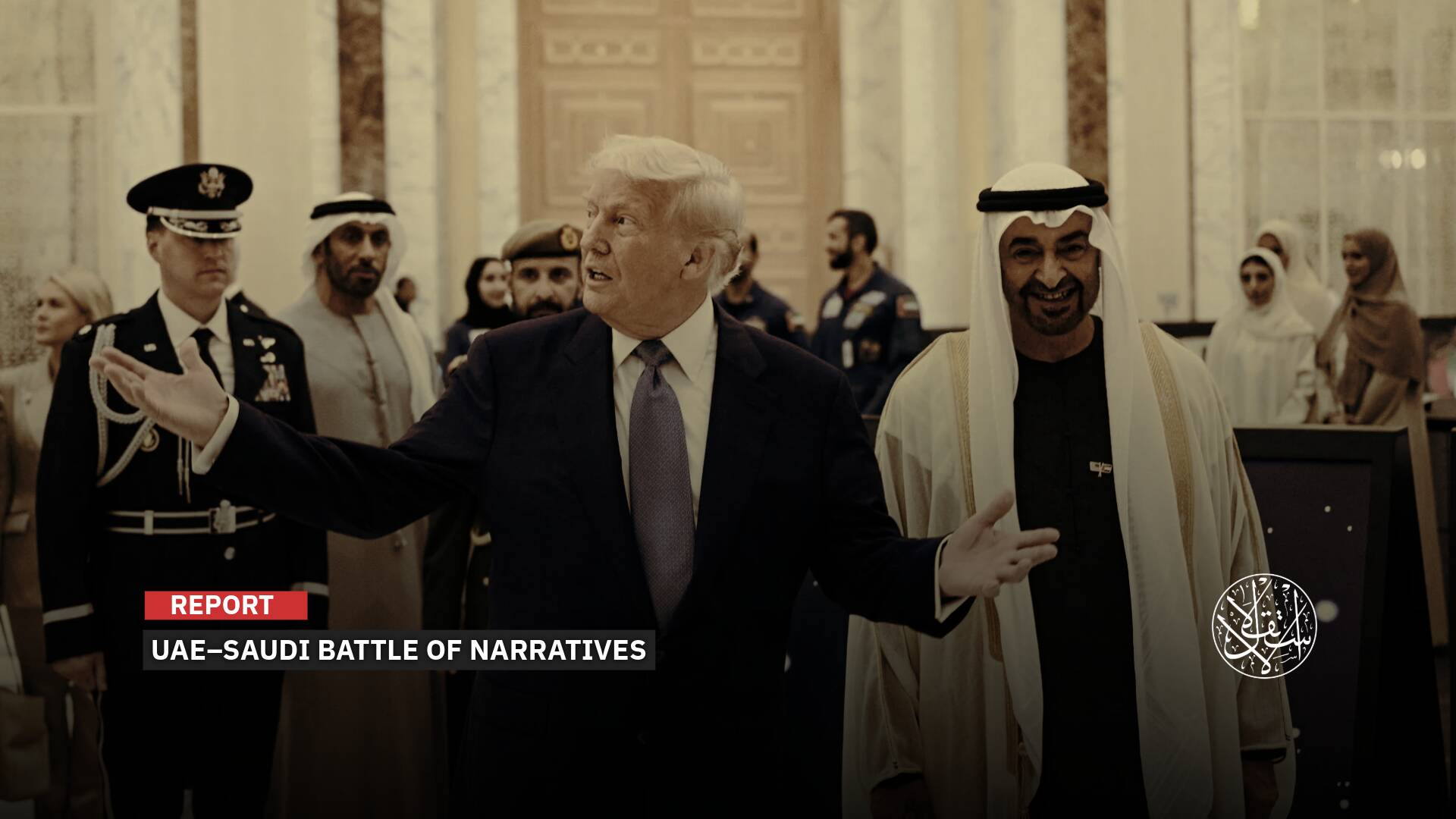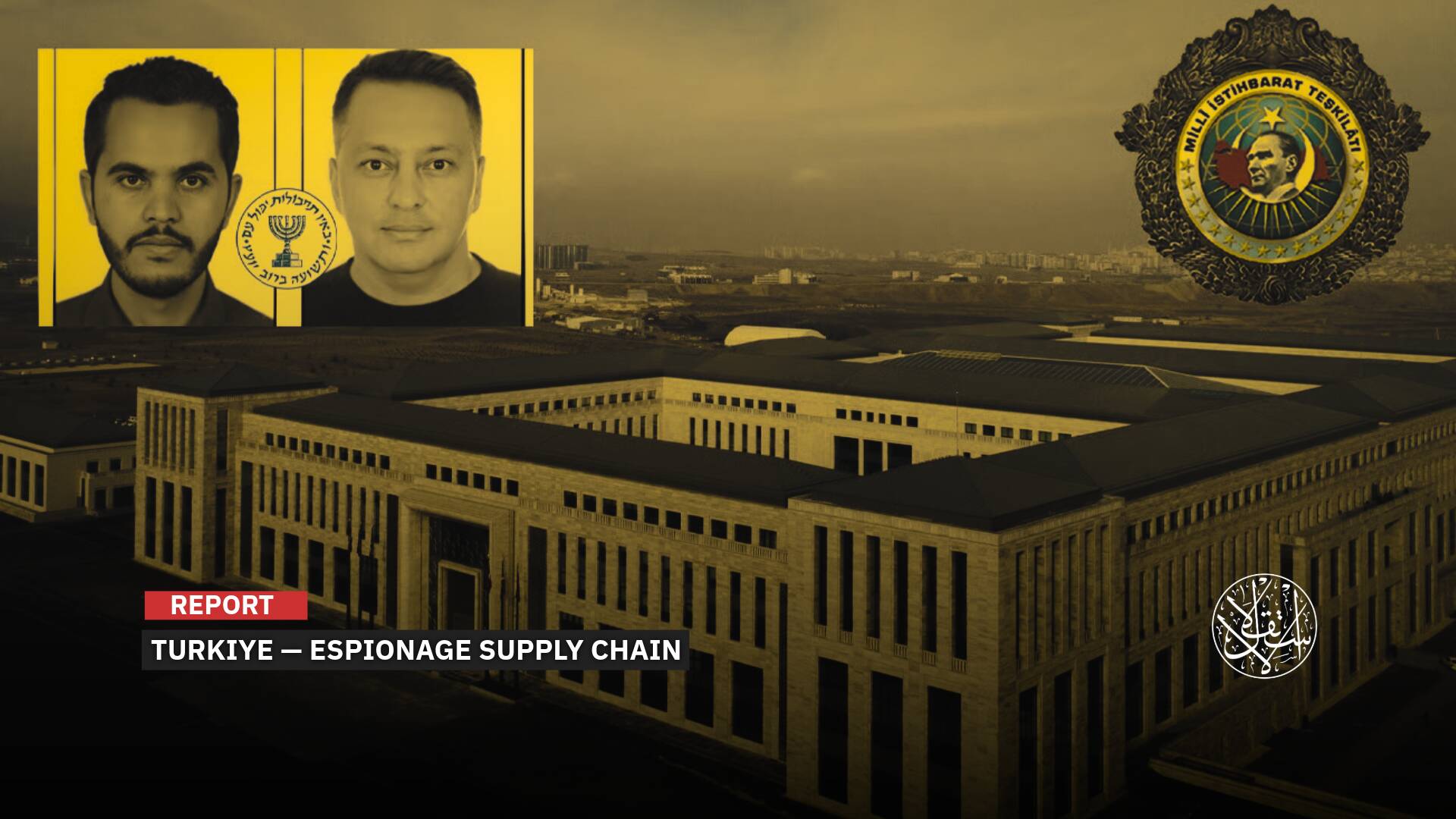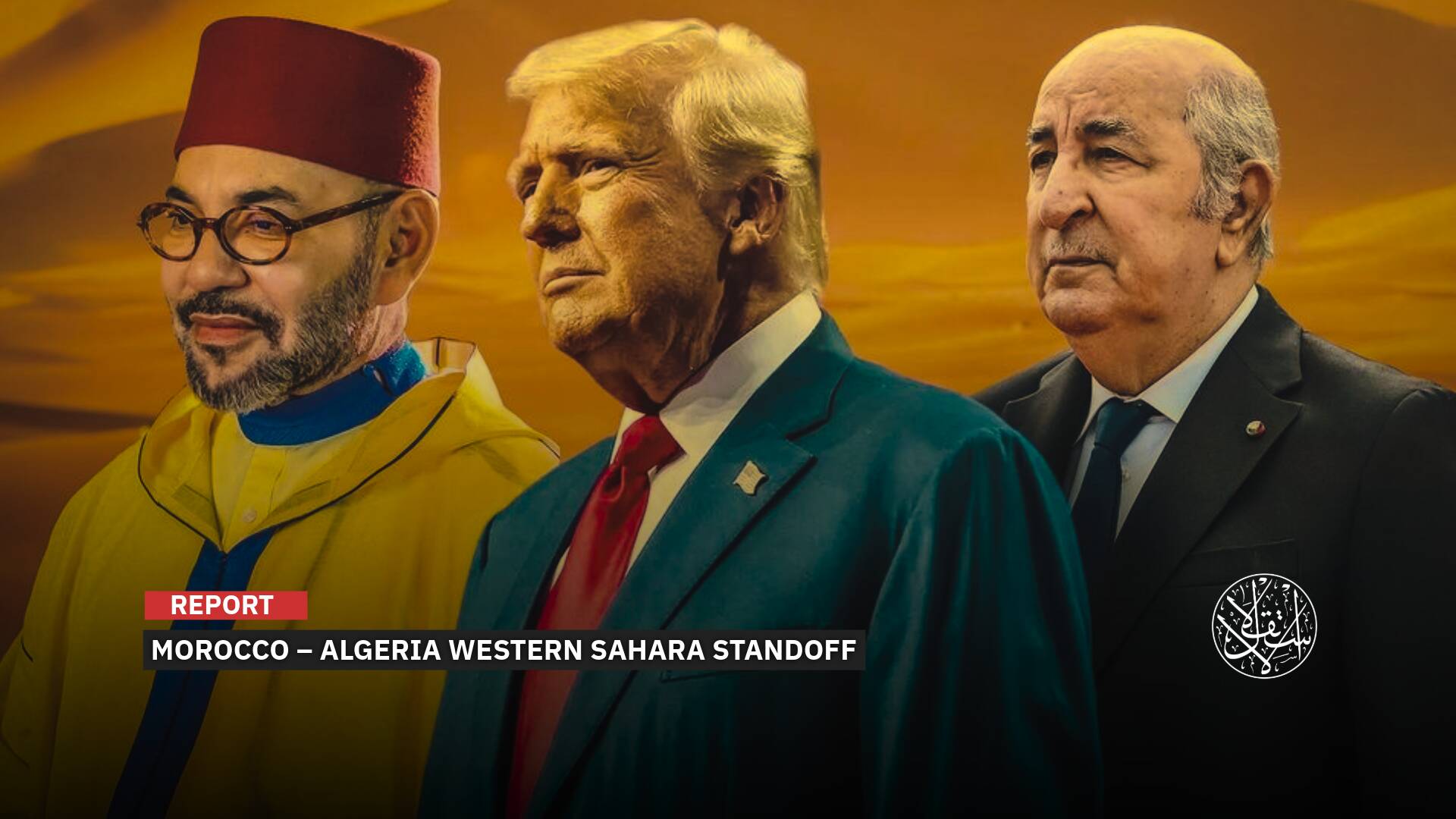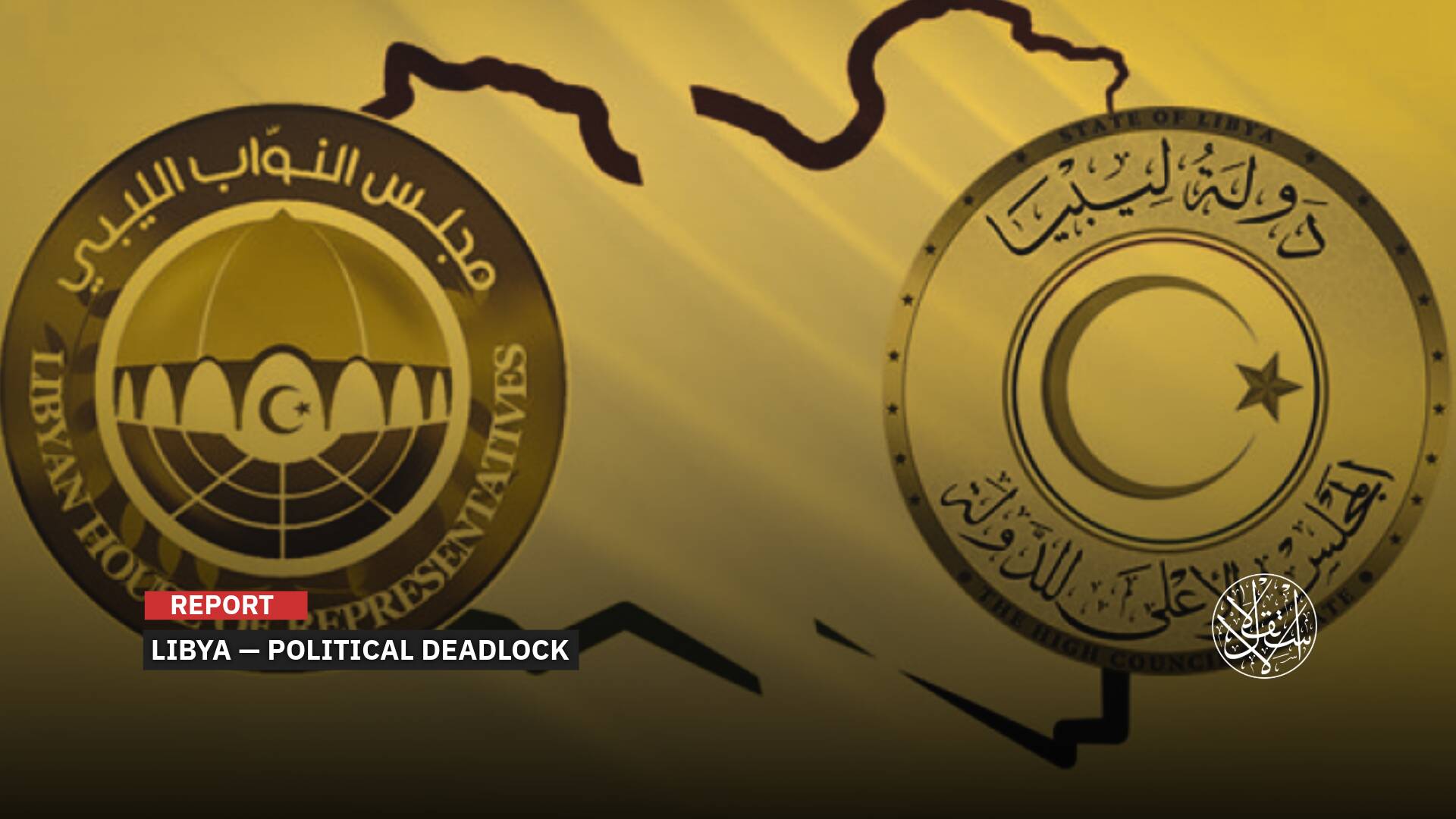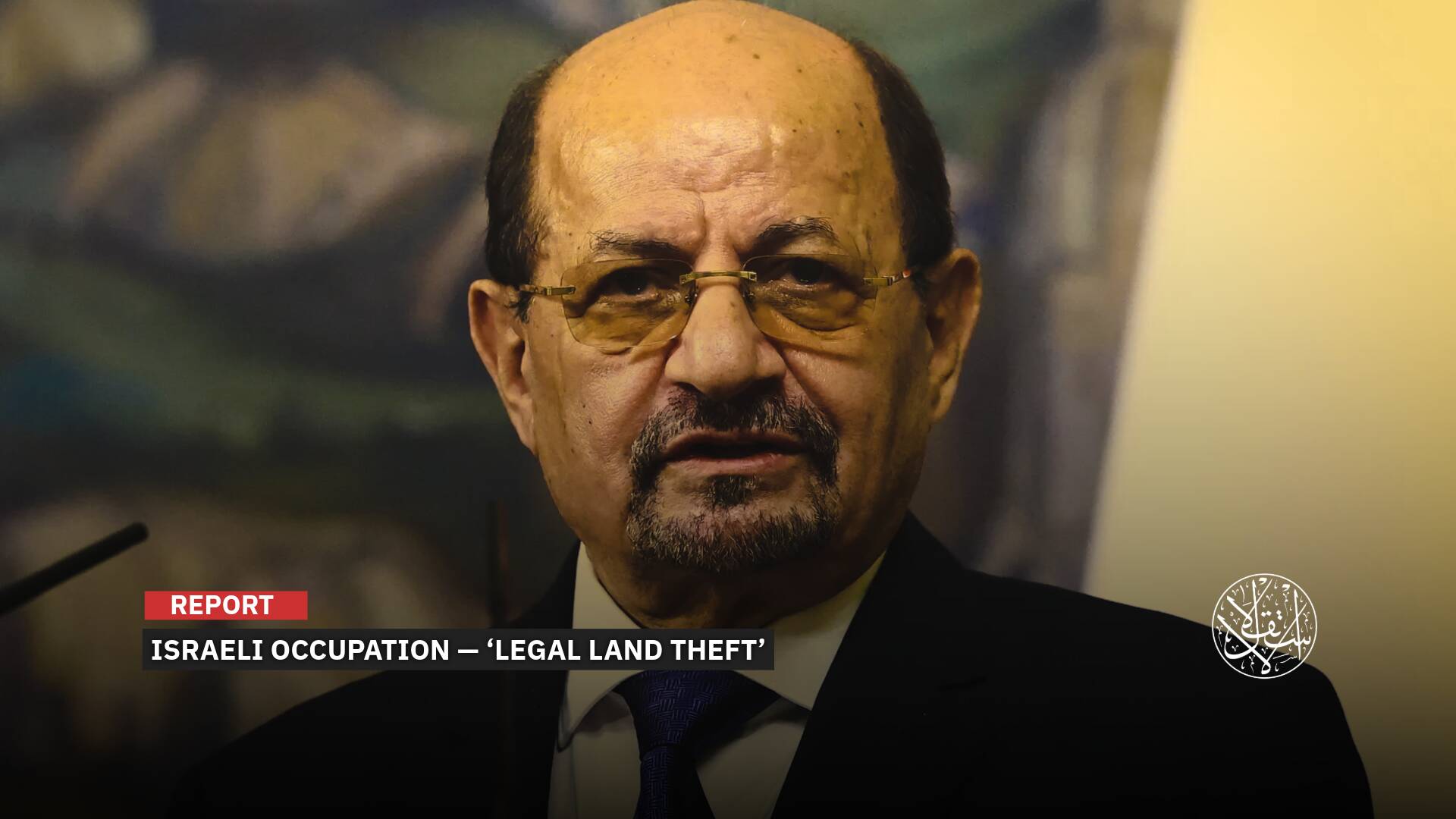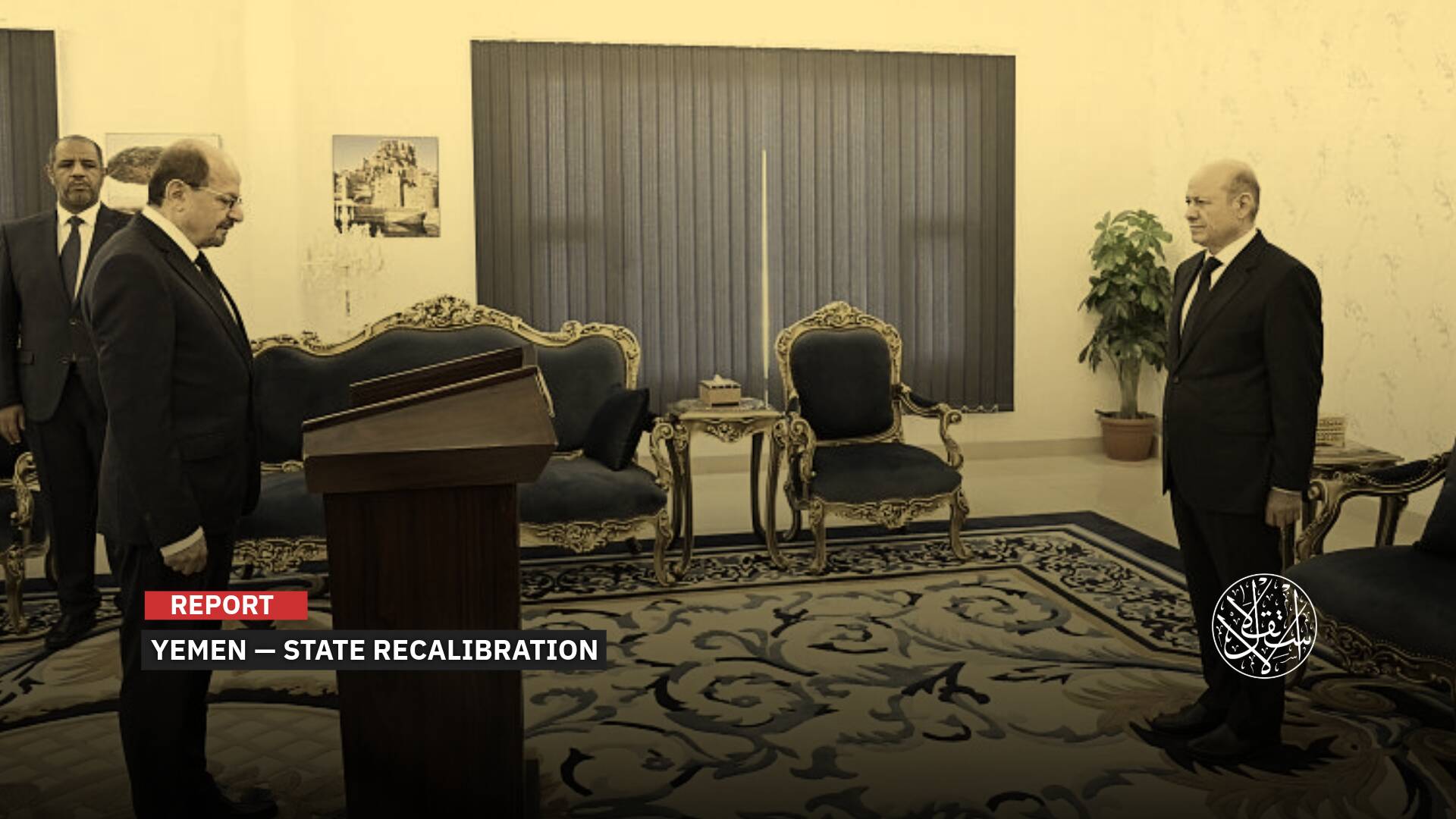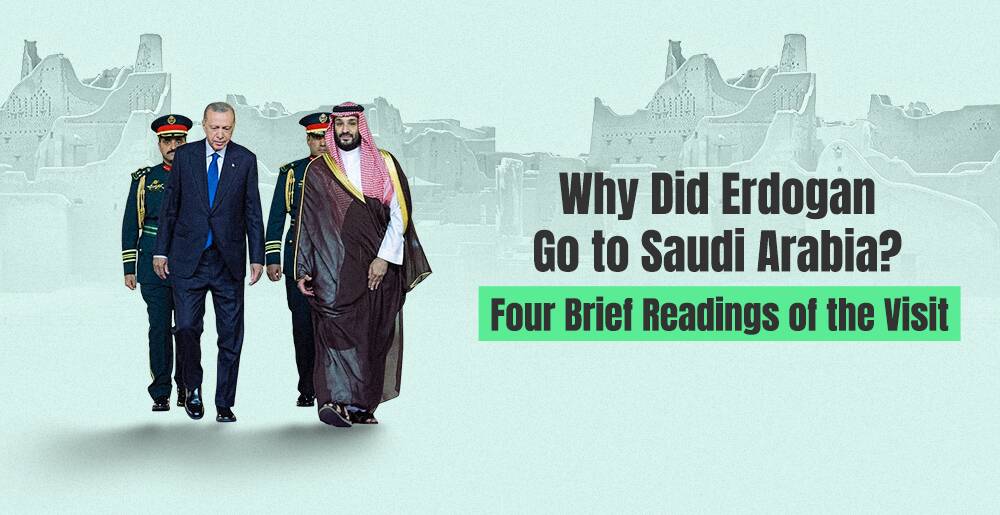Takween: UAE's Centers Challenging Islamic Constants Prompt Questions

The center established under the UAE's watch seeks to distort intellectual aspects of Islam.
A lavish conference hosted by the Grand Egyptian Museum in the Egyptian capital Cairo on May 4, 2024, ignited fervent debates across Egyptian public opinion, sparking a wave of intense indignation on social media platforms.
The conference, dedicated to a new foundation called Arab Thought Foundation, under the theme "Fifty Years Since the Departure of Taha Hussein: Where Do We Stand on Renewal Today?" swiftly raised questions about the nascent institution, its sources of funding, and the identity of its board chairman, all of which remain unanswered to date.
What particularly fueled the anger and controversy were the suspicious names associated with the foundation, known for their hostility and contentious relations with Islamic thought and, at times, Islam as a creed.
The center comprises six members forming the board of trustees, including figures from Egypt, such as the journalists Ibrahim Eissa, Islam Behery, and Youssef Ziedan, alongside the Tunisian writer Olfa Youssef, the Syrian researcher Firas al-Sawwah, and the Lebanese researcher Nayla Abi Nader.
Most of these figures have been accused of disparaging Islamic religion, such as Islam Behery and Ibrahim Eissa, while some, in addition to their criticisms of Islam, have been accused of disparaging Christianity, such as Youssef Ziedan.
Another contentious point is the mention of the UAE as a party behind the establishment of the institution, laying the groundwork for its proliferation and support.
For the past decade, the UAE has consistently targeted Islamic thought centers as its primary goal, acting as a bulwark against the spread of Islam.
The UAE and Takween
On May 9, the UAE71 opposition website published a report titled "Takween Institution: Abu Dhabi's New Arm for Casting Doubt on Islamic Tenets," indicating that while Takween Center did not disclose its sources of funding, statements from the writers at the institution suggest it originates from Abu Dhabi.
The vision and goals align with those of similar centers supported by the UAE, focusing on "renewing religious discourse to suit contemporary developments" and "combating extremism."
On May 10, Emirates Leaks website commented on the event, stating, "The recent launch by the UAE of the Arab Thought Formation institution adds further evidence of Abu Dhabi's attempt to lead into a new quagmire of failure and hostility towards the Islamic world with a wavering discourse, stripping the state's policy of its constants."
It noted that the promotion by the center, established under the UAE's auspices, seeks to distort intellectual aspects of Islam, reassess suspicions, and launch attacks on Islamic figures from the companions, the early followers of Prophet Muhammad, and scholars, disregarding the presence of specialized scholars and, more importantly, overlooking the esteemed al-Azhar University, one of the leading Islamic institutions globally.
Hisham Saeed Fawzi, a member of the Egyptian House of Representatives, submitted a motion to the Cabinet, al-Azhar, the Ministry of Awqaf (Religious Endowments), and the Fatwa House, affirming that the matter has reached the point where a group known for its constant skepticism of religious tenets and denial of some of them has inaugurated an entity to lend legitimacy to their project without any restraint from the state and its religious institutions.
A lawyer filed a complaint with the public prosecutor against the board of trustees of the center, as a suspicious entity targeting "the tenets of Islam" specifically, urging its closure.

Mominoun Without Borders
Following the model of the Arab Thought Formation institution, the UAE launched the Mominoun Without Borders organization in May 2013, under the guise of promoting awareness in the Arab Maghreb region.
It is self-described on its website as a research and study institution contributing to the creation of a free and creative intellectual space for discussing issues of renewal and religious reform in Arab and Islamic societies.
Abu Dhabi provided substantial funding to this organization.
It issued four magazines, namely "Yatafakkaroun," "THE.WHAT," "Albab," and "Taawiliat," where dozens of Moroccan researchers and journalists worked.
However, Moroccan scholars and intellectuals quickly rose against the suspicious institution. Islamic researcher Ibrahim Ettaleb criticized the organization, describing it as attempting to disguise truth with falsehood and concealing knowledge to impose a secular worldview on the universe, humanity, and life.
Likewise, Mohamed el-Helaly, the director of the Moroccan Center for Research, viewed Mominoun Without Borders as an Emirati attempt to counter the Arab Spring.
Yet, the strongest attack on the Emirati institution came from Ahmed Raissouni, the head of the International Union of Muslim Scholars and a historical figure among Arab Maghreb Islamists, who bluntly stated that it tends towards atheism.
On April 6, 2024, Morocco decided to close the Mominoun Without Borders center and freeze all its activities within its territories.
Commenting on the closure news, Abdel Rahim al-Manar Slimi, the president of the Atlantic Center for Strategic Studies and Security Analysis, expressed on X platform that the institution is not a scientific research entity but an Emirati tool to penetrate Morocco and undermine its unique Islamic identity.

Renewal Visions
Professor of Islamic Culture at Al-Azhar University, Mohamed Abu Zeid, commented on the launch of Takween and similar Emirati centers by saying that these suspicious initiatives aimed at promoting atheism and attacking religions are not a new phenomenon in our Arab and Islamic world, but rather an old one that has witnessed fluctuations.
He added to Al-Estiklal, "In the 1950s and 1960s, atheism spread under the guise of Marxism, communism, and ideologies that originated from the Soviet Union."
"There were regimes that sponsored these ideologies, and then all of that disappeared just as it happened with the Soviet Union itself.”
"What is intriguing is that such centers like Takween, when I investigated their intellectual production, I found them following deviant narratives, as well as deliberate deceit and ignorance. They speak ill of our esteemed companions such as our leaders Abu Bakr, Umar, Uthman, and Ali,” said Mohamed Abu Zeid.
"But these individuals dare not issue arguments about military and authoritarian rule? Why doesn't Ibrahim Eissa or Islam el-Behery speak about what the military and dictatorial rule have done in Egypt over the decades?”
"Why don't they demand a climate of political freedom and the right to form parties and establish democracy? Why don't they criticize [Egyptian President Abdel Fattah] el-Sisi, [Emirati President Mohammed] bin Zayed, or [Saudi Crown Prince Mohammed] bin Salman?” He wondered.
"Why don't they demand a renewal of bin Zayed's political discourse and surpass the stagnation of dictatorship and allow competition for governance and state management as is happening in Europe and the free world they aspire to emulate? This is the essence of renewal and development for our country, not in debating issues that have been exhaustively studied by Muslim scholars for a thousand years and more."

European Eye On Radicalization
The UAE didn't stop at casting doubt and undermining Islamic tenets in the Arab world; its arms extended to Europe, where millions of Muslims, whether long-standing migrants or newcomers, reside.
On July 28, 2019, Euro Scope observed the launch of a website by the UAE aimed at distorting the Islamic religion and the work of Muslim communities in Europe.
Euro Scope, a European institution monitoring the interactions of Middle Eastern issues in Europe, stated that the website, named European Eye on Radicalization is affiliated with the Emirati intellectual center Hedayah, directly managed by Ali Rashid Al Nuaimi, one of the key figures in Emirati security and intelligence and a close associate of Abu Dhabi's Crown Prince (at the time, Mohammed bin Zayed).
The Euro Scope noted that the website's work relies on the controversial Saudi figure Kamil al-Khatti, known for his anti-non-Salafi Islamist stances and his public attacks on the work of Muslim communities in Europe.
The UAE entrusted the editorial management of the website to the right-wing Italian writer Sara Brzuskiewicz, who identifies herself as a PhD candidate at the Catholic University of the Sacred Heart in Milan and has worked as a visiting researcher in the extremism program at George Washington University. The website presents its content in English, French, Spanish, and Arabic.
According to Euro Scope, the budget allocated to the European Eye on Radicalization website exceeds 1.3 million euros annually, and the UAE relies on it to enhance its presence in Europe and combat any activities of its opponents, in addition to tarnishing the image of political-Islam organizations.
Despite the Emirati website's stated policy of not tolerating any form of discrimination against any religion, nationality, race, language, or gender, its interests and orientations are directed against Muslim immigrants and refugees in Europe.

The UAE and Islamophobia
On March 29, 2019, Foreign Policy stated that some Arab regimes were primarily responsible for the spread of Islamophobia due to their collaboration with certain extremist parties in European countries to support their authoritarian regimes.
The American magazine stated that three Arab countries, namely the UAE, Egypt, and Saudi Arabia, have supported the far-right in Europe in recent years to intimidate Western countries from Islamist groups that assumed power in some Arab Spring countries following the revolutions that swept the region in 2011.
Arab regimes, especially the UAE, spend millions of dollars on think tanks, opinion institutions, academic establishments, and pressure groups partly to shape thinking in Western capitals about local political activists who oppose their rule, many of whom are religious, according to the magazine.
On May 23, 2019, Abdullah Nicolas, the president of the Islamic Shura Council in Switzerland, stated in an interview with Al-Jazeera channel that there are Arab countries, including the UAE, which incite against Muslims and provide information to political parties hostile to Muslims.
It is worth noting that Marine Le Pen, the leader of the far-right National Front in France, who is known for her anti-Islam and anti-immigrant stance and has run for the French presidency, said in a televised debate in early May 2015: "We should develop our relations with countries that fight Islamists such as Russia, the UAE, Egypt, and other countries."
Sources
- “Takween Foundation”: Abu Dhabi’s new arm to question the principles of Islam [Islam]
- "Mominoun Without Borders": The UAE confronts political Islam [Arabic]
- The UAE supports the French extreme right and financed Le Pen’s visit to Egypt [Arabic]
- A video reveals new details about Bin Zayed’s plan to fight Muslims in Europe [Arabic]



